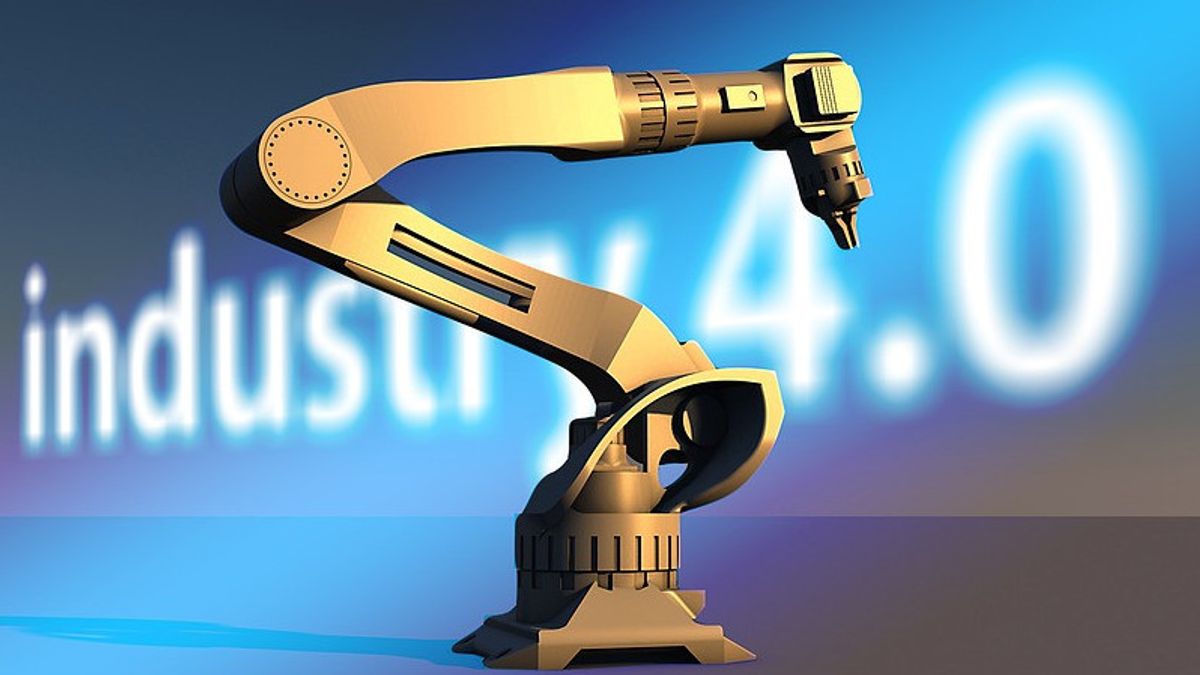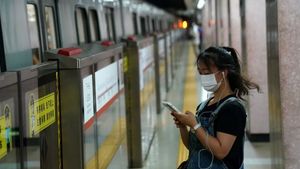JAKARTA - After struggling to find staff during the pandemic, businesses in Singapore are increasingly turning to deploy robots to help with various tasks. For example, from surveying construction sites to scanning library bookshelves, to making coffee.
The city-state has been dependent on foreign workers for certain jobs, but their numbers fell by 235,700 between December 2019 and September 2021. According to Singapore's Ministry of Manpower, restrictions during the COVID-19 pandemic have accelerated the "rate of technology adoption and automation" by companies.
At a Singapore construction site, a four-legged robot called "Spot", made by US company Boston Dynamics, scans sections of mud and gravel to check the progress of the work, with the data fed back to construction company Gammon's control room.
Gammon's general manager, Michael O'Connell, said using Spot only required one human employee, not the two previously required to do the job manually.
"Replacing the need for an on-site workforce with autonomous solutions is gaining real traction," O'Connell said. He believes the industrial labor shortage exacerbated by the pandemic will persist.
Meanwhile, the National Library of Singapore has introduced two shelf-reading robots that can scan labels on 100,000 books, or about 30 percent of its collection, per day.
VOIR éGALEMENT:
"Staff don't have to read phone numbers one by one on the shelves, and this reduces the routine and labor-intensive aspect," said Lee Yee Fuang, assistant director at the National Library Board.
According to a 2021 report by the International Robotics Federation, Singapore has 605 robots installed per 10,000 employees in the manufacturing industry. This is the second-highest number globally, after 932 robots in South Korea,
Robots are also being used for customer-facing tasks, with more than 30 metro stations set to have robots making coffee for passengers.
Keith Tan, Chief Executive Officer of Crown Digital, which created the robot barista, said it helped solve the "biggest pain point" in food and beverage - finding staff - while also creating high-paying positions to help automate the sector.
However, some people who try the service still yearn for human interaction. "We've always wanted to have some kind of human touch," says commuter Ashish Kumar, sipping a robotic drink.
The English, Chinese, Japanese, Arabic, and French versions are automatically generated by the AI. So there may still be inaccuracies in translating, please always see Indonesian as our main language. (system supported by DigitalSiber.id)











